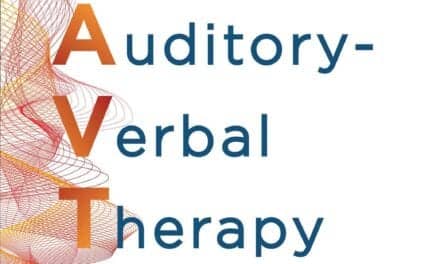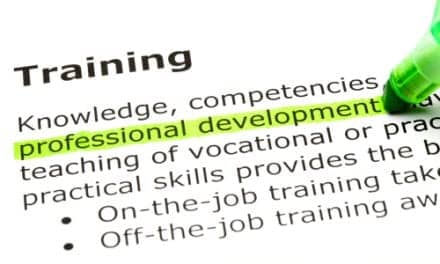“Child-Centered Care,” a just-launched online course from the Ida Institute, gives hearing care professionals “the knowledge they need to provide truly child-centered hearing care,” the nonprofit organization announced. The free four-part course explains the key cognitive skills developed as children age, techniques for communicating with pediatric clients, and which Ida tools will make the communication more fun and effective. The material supports hearing care professionals in enabling children to contribute in ways that make them a meaningful part of their care.
“Child-centered care is an evolution of pediatric care,” said Lise Lotte Bundesen, managing director of the Ida Institute. “It shares its history and some principles with person-centered care and family-centered care, but its emphasis is squarely on improving healthcare experiences and outcomes for children. This course helps clinicians to recognize where children are developmentally and give them agency in their care.”
Led by Kris English, professor emeritus in audiology at the University of Akron, the course is essential viewing for clinicians not familiar with concepts like theory of mind, narrative play, and how to best support development while treating and counseling children with hearing loss. This course will make hearing care professionals view pediatric appointments in “a whole new light.”
Available in the Ida Learning Hall, the Child-Centered Care course is accredited by several organizations including the American Academy of Audiology, The British Society of Hearing Aid Audiologists, Audiology Australia, and the Canadian Academy of Audiology.
Why is child-centered care so important?
Child-centered care embodies the Rights of a Child as recognized by the United Nations. The rights state that children should be supported in expressing their views, listened to, and involved — and have power in — the decision-making process in accordance with their age and maturity.
Child-centered care also helps fill “a vital gap between family-centered care and person-centered care,” according to the Institute. While the former is ideal for the child’s first few years, its focus remains on the parents. And the latter is typically geared toward adult clients.
The Ida Institute’s Child-Centered Care course helps direct focus to the child and helps hearing care professionals prepare their young clients as they move from child- and family-centered care toward person-centered care.
To view this course, visit the Ida Learning Hall (signup required) via the Ida Institute website.
About the Ida Institute
The Ida Institute is a nonprofit organization founded in 2007 by a grant from the William Demant Foundation.
The independent organization works to build a community that embraces person-centered care. Together with clinicians, academics, and people with hearing loss around the world, they help people develop the knowledge, skills, and confidence, they need to better manage hearing loss.
The Ida Institute is based in Denmark and has a community of 20,000 people worldwide.
About Kris English
Kris English, PhD is a professor emeritus of audiology at the University of Akron, Ohio. She has presented more than 400 workshops and papers in North America, the UK, Europe, Australia, and New Zealand on the topic of audiologic counseling, and is the co-author of the book, Counseling-Infused Audiologic Care. Her semi-retirement activities include teaching, writing, and presenting, as well as hosting an online forum (www.advancingaudcounseling.com) for students and audiologists about counseling as an evidence-based practice, and the skills that help us earn patient trust and support patient change.
Source: Ida Institute
Image: Ida Institute






